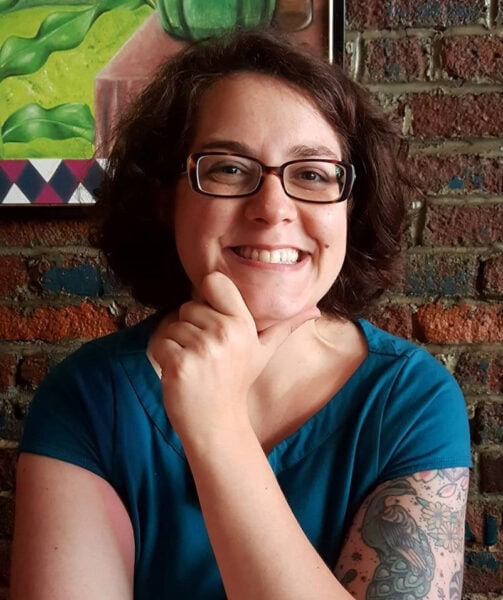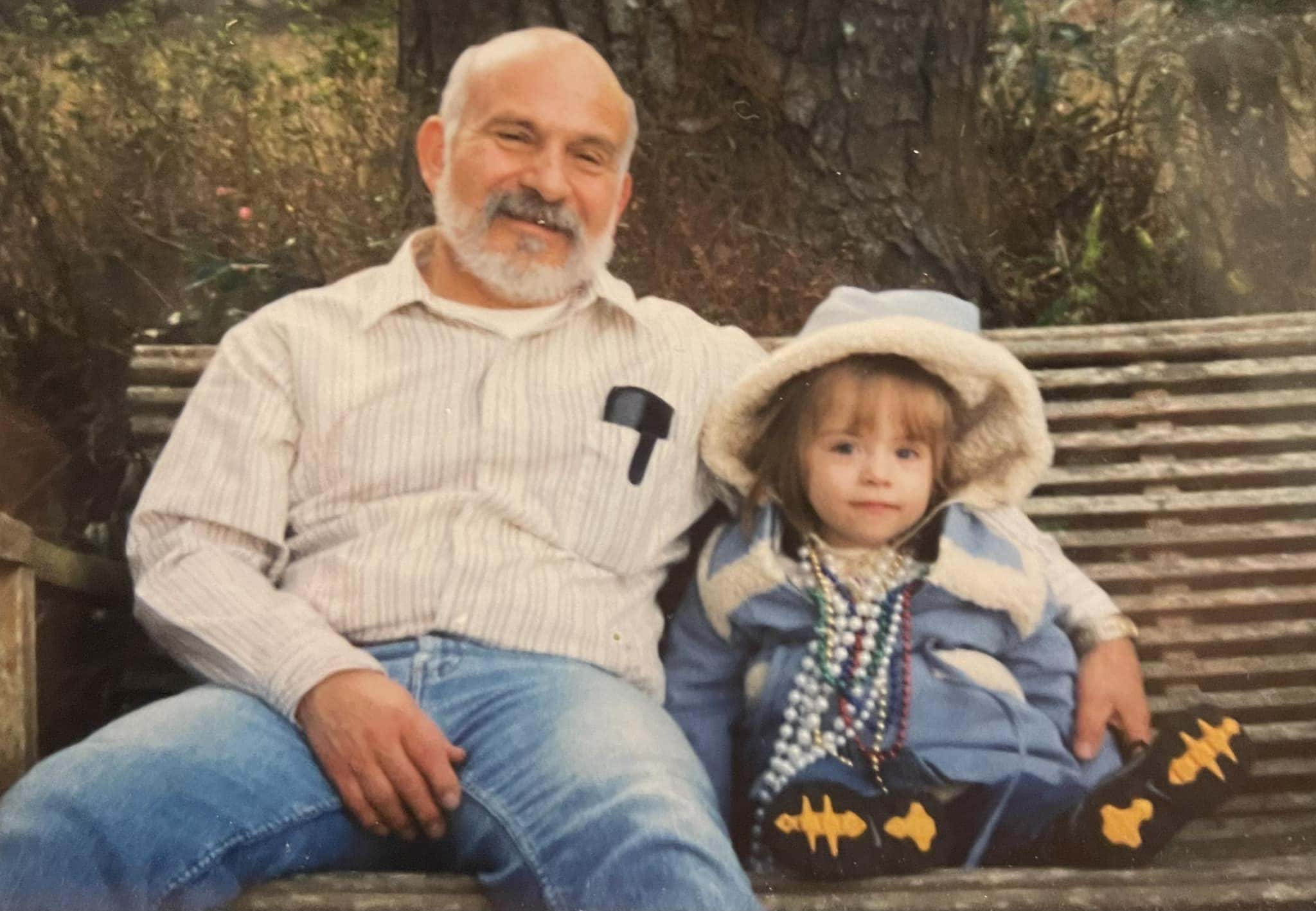Sara Patenaude is a project manager for a nonprofit affordable housing developer at Tapestry Development Group. She lives in Atlanta, Georgia, and has been a member since 2012.
Twitter: @sdpatenaude

Alma maters: BA (history and English), Northern Kentucky University, 2009; MA (history), University of Maryland, Baltimore County, 2011; PhD (history), Georgia State University, 2018
Fields of interest: urban, housing, planning, policy
Describe your career path. What led you to where you are today?
I entered my doctoral program knowing that I wanted to work outside academia. At the time, I assumed I would continue working in museums. However, as my dissertation on public housing in Baltimore shifted from a very public history-focused study of community to a more planning-related study of housing policy I realized my career interests had shifted as well. In addition to my doctorate, I decided to complete a graduate certificate in planning and economic development to help bridge the gap between my historical knowledge and practical skills.
While finishing my PhD, I first took an internship working for a small town in metro Atlanta, working on projects for the city manager and economic development departments. I then had the opportunity to work for a real estate and economic development consulting firm advising communities and developers on city planning-and policy-related decisions. This summer, I moved from advising real estate developers to being one myself when I started my current role as a project manager for a nonprofit affordable housing developer. I love that I am able to bring a deep perspective on the decisions we made around affordable housing in the past to policy discussions related to today’s affordable housing needs, and that my work directly impacts families who need an affordable place to call home.
What do you like the most about where you live and work?
Atlanta is in the midst of rapid change and is poised for enormous growth in the coming years. At the same time, the city is grappling with its long history of racial segregation and the lingering effects of racist systems and policies. The result is widespread gentrification and displacement. Even beyond housing, I am able to bring my historical knowledge and training to bear on conversations every day in Atlanta. I see it as every historian’s responsibility to contextualize our current events in the light of past policies, and plainly call out long-standing injustices so they can be corrected.
What projects are you currently working on?
My firm develops and maintains multifamily rental housing that is affordable to families, seniors, and people with disabilities; right now we are working on developments in several communities across Georgia. I am also involved in two major policy initiatives dedicated to bringing additional affordable housing to metro Atlanta-HouseATL (https://houseatl.org) and CATLYST (https://atlantaregional.org/atlanta-region/CATLYST). I am still keeping one foot in academia, and am currently considering how to adapt my dissertation into a publication while beginning new research into Atlanta history.
Is there an article, book, movie, blog etc. that you could recommend to fellow AHA members?
Atlanta Studies (https://www.atlantastudies.org/) is an incredible example of how publicly informed scholarship from across humanities disciplines can bridge academic and popular audiences. I highly recommend it to any scholars who are interested in making rigorous academic research accessible to the public.
What do you value most about the history discipline?
Historical training opens your eyes to the roots of systems and processes that others take for granted. By looking back at how those systems were created, we can begin to consider how we can unmake and remake them as needed to help better our society.
Why is membership in the AHA important to you?
There is no substitute to the AHA for its vast umbrella over the historical profession. While I love my subfield’s organization, it is the AHA that is able to provide news and information from across the discipline. I also deeply appreciate the AHA’s work on career diversity, and consider my membership a way of showing that appreciation.
AHA members are involved in all fields of history, with wide-ranging specializations, interests, and areas of employment. To recognize our talented and eclectic membership, Perspectives Daily features a regular AHA Member Spotlight series.
This work is licensed under a Creative Commons Attribution-NonCommercial-NoDerivatives 4.0 International License. Attribution must provide author name, article title, Perspectives on History, date of publication, and a link to this page. This license applies only to the article, not to text or images used here by permission.



